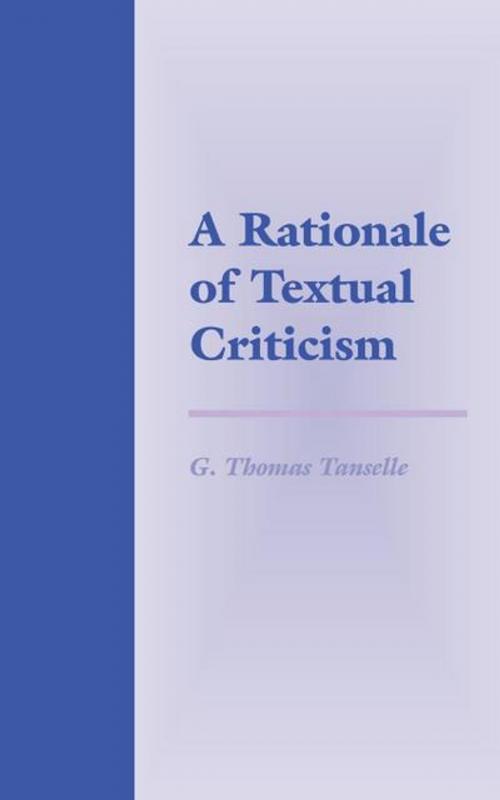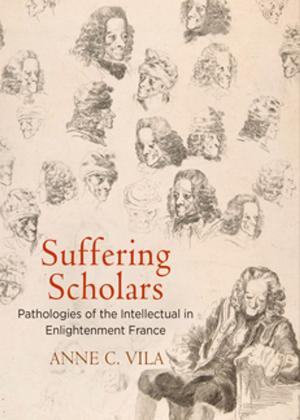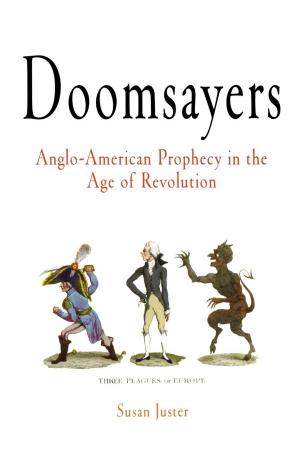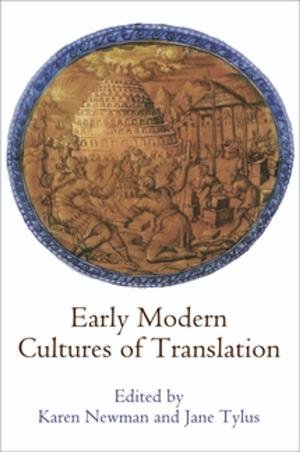| Author: | G. Thomas Tanselle | ISBN: | 9780812200423 |
| Publisher: | University of Pennsylvania Press, Inc. | Publication: | November 24, 2010 |
| Imprint: | University of Pennsylvania Press | Language: | English |
| Author: | G. Thomas Tanselle |
| ISBN: | 9780812200423 |
| Publisher: | University of Pennsylvania Press, Inc. |
| Publication: | November 24, 2010 |
| Imprint: | University of Pennsylvania Press |
| Language: | English |
Textual criticism—the traditional term for the task of evaluating the authority of the words and punctuation of a text—is often considered an undertaking preliminary to literary criticism: many people believe that the job of textual critics is to provide reliable texts for literary critics to analyze. G. Thomas Tanselle argues, on the contrary, that the two activities cannot be separated.
The textual critic, in choosing among textual variants and correcting what appear to be textual errors, inevitably exercises critical judgment and reflects a particular point of view toward the nature of literature. And the literary critic, in interpreting the meaning of a work or passage, needs to be (though rarely is) critical of the makeup of every text of it, including those produced by scholarly editors.
Textual criticism—the traditional term for the task of evaluating the authority of the words and punctuation of a text—is often considered an undertaking preliminary to literary criticism: many people believe that the job of textual critics is to provide reliable texts for literary critics to analyze. G. Thomas Tanselle argues, on the contrary, that the two activities cannot be separated.
The textual critic, in choosing among textual variants and correcting what appear to be textual errors, inevitably exercises critical judgment and reflects a particular point of view toward the nature of literature. And the literary critic, in interpreting the meaning of a work or passage, needs to be (though rarely is) critical of the makeup of every text of it, including those produced by scholarly editors.















